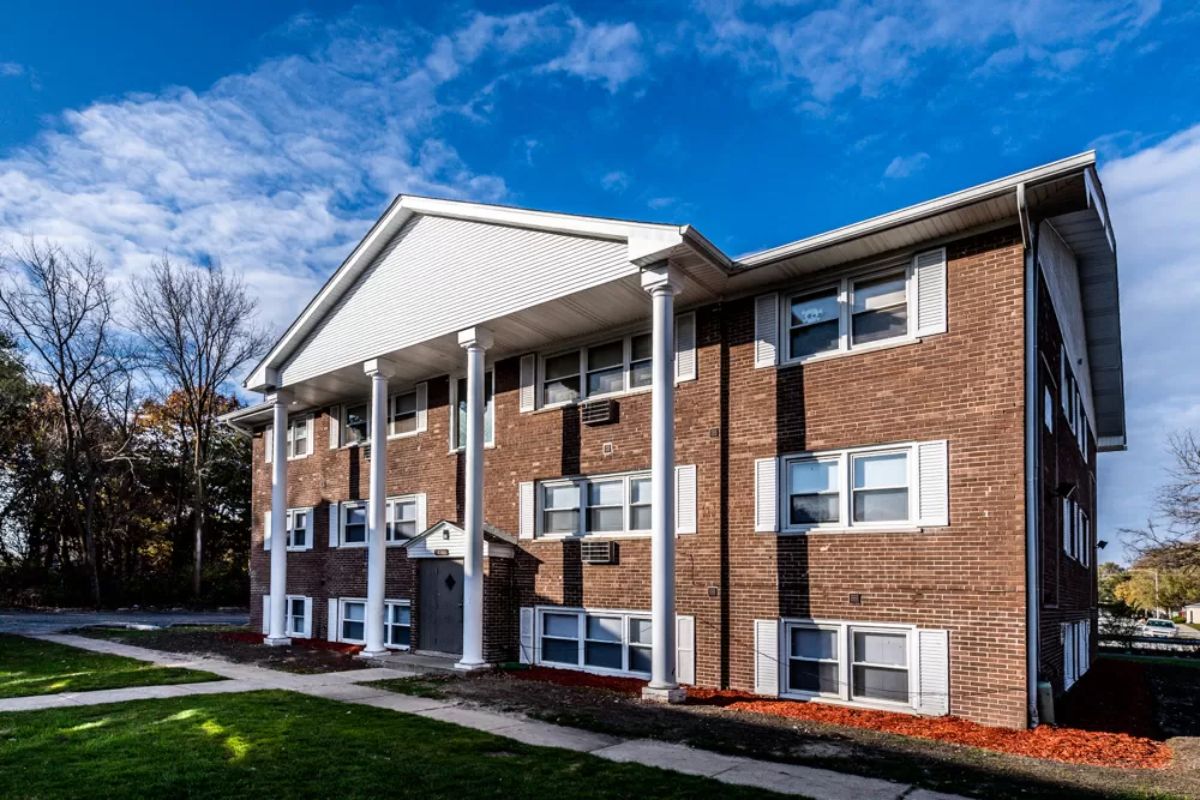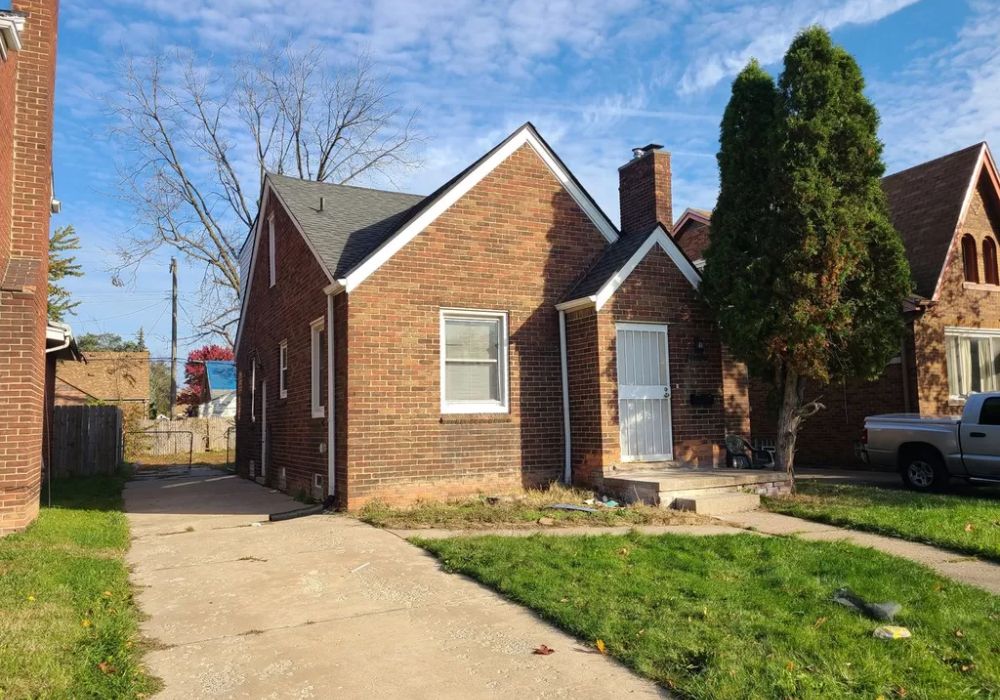Section 8 is a federal housing program that provides rental assistance to low-income individuals and families. The Section 8 interview is a crucial step in the process, where housing authorities verify eligibility, income, and other relevant information. This interview helps determine if an applicant qualifies for the program and the level of assistance they may receive, ensuring affordable housing options for those in need. Here are our advices for a smooth Section 8 interview!
Understanding Section 8

The Section 8 program, also known as the Housing Choice Voucher program, is a federal assistance program in the United States. It helps low-income individuals and families afford housing by providing rental subsidies. Applicants join waiting lists, and when selected, receive vouchers to find suitable housing in the private rental market. Rent is calculated based on income, with participants typically paying 30%. Ongoing assistance is provided, subject to compliance with program rules.
To be eligible for Section 8 assistance, applicants must meet certain criteria, include income, citizenship or immigration status, family size, criminal background, and compliance with prior Section 8 assistance.
Generally, households with incomes below 50% of the area's median income qualify, but income limits and priorities can vary among local public housing agencies (PHAs). Applicants must be U.S. citizens or have eligible immigration status. PHAs have discretion in considering criminal history. Family size determines income eligibility and housing unit size. While criteria are standardized, PHAs may have additional preferences.
The Section 8 interview is crucial in determining eligibility for the program. It allows the PHA to verify information, assess income accurately, confirm household composition, and ensure compliance with program rules. The interview plays a vital role in validating the accuracy of the application, clarifying uncertainties, and providing additional documentation. It helps allocate benefits to qualified individuals and families who meet income and other eligibility criteria. By serving as a comprehensive assessment tool, the interview promotes effective and fair administration of the Section 8 program.
Related: How To Get Section 8 Immediately
Preparation Essentials

The application for Section 8 rental assistance require you to provide various documents to verify your eligibility. These documents may include identification, proof of income, and rental history. Here is a detail list of the necessary documents for Section 8:
1. Identification Documents
- Social Security cards or numbers for all household members;
- Valid photo identification, such as driver's license or passport.
2. Proof of Income
- Pay stubs or wage statements for the past several months;
- Proof of any other sources of income, such as Social Security benefits, disability benefits, child support, or alimony;
- Tax returns for the previous year;
- Bank statements showing regular deposits.
3. Rental History
- Contact information for current and previous landlords;
- Rental payment receipts or canceled checks;
- Eviction history, if applicable.
4. Other Documents
- Birth certificates or proof of relationship for all household members;
- Proof of U.S. citizenship or eligible immigration status;
- Any relevant court orders, such as child custody or child support orders;
- Proof of disability, if applicable.
By having these documents ready for your Section 8 interview, you can streamline the application process and demonstrate your eligibility more efficiently. It is essential to gather and organize these documents in advance to avoid last-minute scrambling and ensure a smooth interview experience.
Researching Common Questions
When preparing for a Section 8 eligibility interview, it's crucial to research common questions that may be asked. These questions typically revolve around your income, household size, and housing preferences. Sample questions could include: "What is your total household income?" or "How many people will be living in the unit?"
It's important to answer these questions honestly and clearly, as accuracy is crucial for determining eligibility. By providing applicants with sample questions and emphasizing the significance of honesty and clarity in their responses, they can better prepare for the interview and increase their chances of securing Section 8 assistance.
Dress and etiquette

Dressing appropriately for a Section 8 eligibility interview is crucial as it demonstrates respect, professionalism, and a serious attitude towards the process. It is advisable to wear clean, neat, and modest attire to make a positive impression.
During the interview, maintaining a professional demeanor is important. Before the interview starts, make sure to arrive on time. Speak clearly, maintain eye contact, be attentive to the interviewer and expressing gratitude for the opportunity. Remember that first impressions are influential in the decision-making process. By presenting yourself well, applicants can convey responsibility and reliability, potentially harness their chances of being approved.
Follow-up steps

After the Section 8 interview, there are several important follow-up steps to take:
1, Confirm Receipt: Ensure that the housing authority has received all necessary documents and information.
2, Application Status: Check the status of your application regularly through the housing authority's online portal or by contacting them directly.
3, Address Follow-up Requests: If the housing authority requires additional documentation or information, promptly provide the requested items to avoid delays.
4, Maintain Contact: Stay in touch with the housing authority, responding promptly to any correspondence or inquiries.
5, Patience: Understand that the process may take time, so be patient while waiting for a decision.
Conclusion
The Section 8 interview is not only an assessment but an opportunity to showcase your suitability for assistance. Following these guidelines ensures a smoother experience and increases the likelihood of a favorable outcome, ultimately helping individuals and families access the housing support they need.





